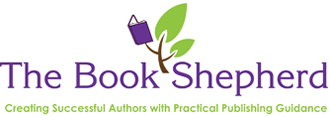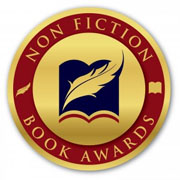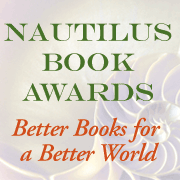 Ellie and Neil fell in love without remembering each other’s face. It all began with a book she had lent him. But not just a book, as she liked to say. It was Ayn Rand’s Atlas Shrugged, a novel that people around the world have ranked second only to the Bible in influencing their lives. And when Neil read the last page, feeling changed forever, he wrote to thank Ellie. And she answered, because in his words she glimpsed the tragic flaw in both their lives.
Ellie and Neil fell in love without remembering each other’s face. It all began with a book she had lent him. But not just a book, as she liked to say. It was Ayn Rand’s Atlas Shrugged, a novel that people around the world have ranked second only to the Bible in influencing their lives. And when Neil read the last page, feeling changed forever, he wrote to thank Ellie. And she answered, because in his words she glimpsed the tragic flaw in both their lives.
For both were trapped in unhappy marriages, Ellie with a little boy. Family, friends, work, disillusionment – such was their existence. Until their emails began. Suddenly each found his soul’s mirror-image. Platonic love they called it. But their hearts raced with desire to see the face behind the computer.
Their marriages began to unravel. The delicate, glass-blowing artist Neil had wed bloomed out of his shadow. But the wealthy antique dealer who held Ellie as his prize possession waved his wallet like a wand and cast chains of gold around her. Even Ellie and Neil, finally meeting, felt too much like strangers looking into the unfamiliar eyes of someone who had no right to know so much about them.
Would poems and philosophy be enough to bridge this gap between their body and soul? Would motherhood permit Ellie to seek her “happily ever after”? Would Neil risk dragging the woman he loves into poverty? Would the bitterness of the past destroy the dreams of their future? In this tale of self-discovery, the meaning of love is linked to the meaning of life, and the endless potential that happiness holds is revealed in looking glass reflections of all we dare to be.















